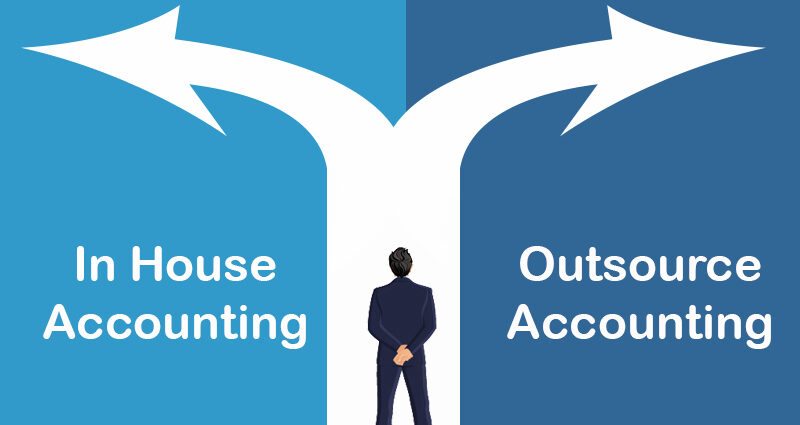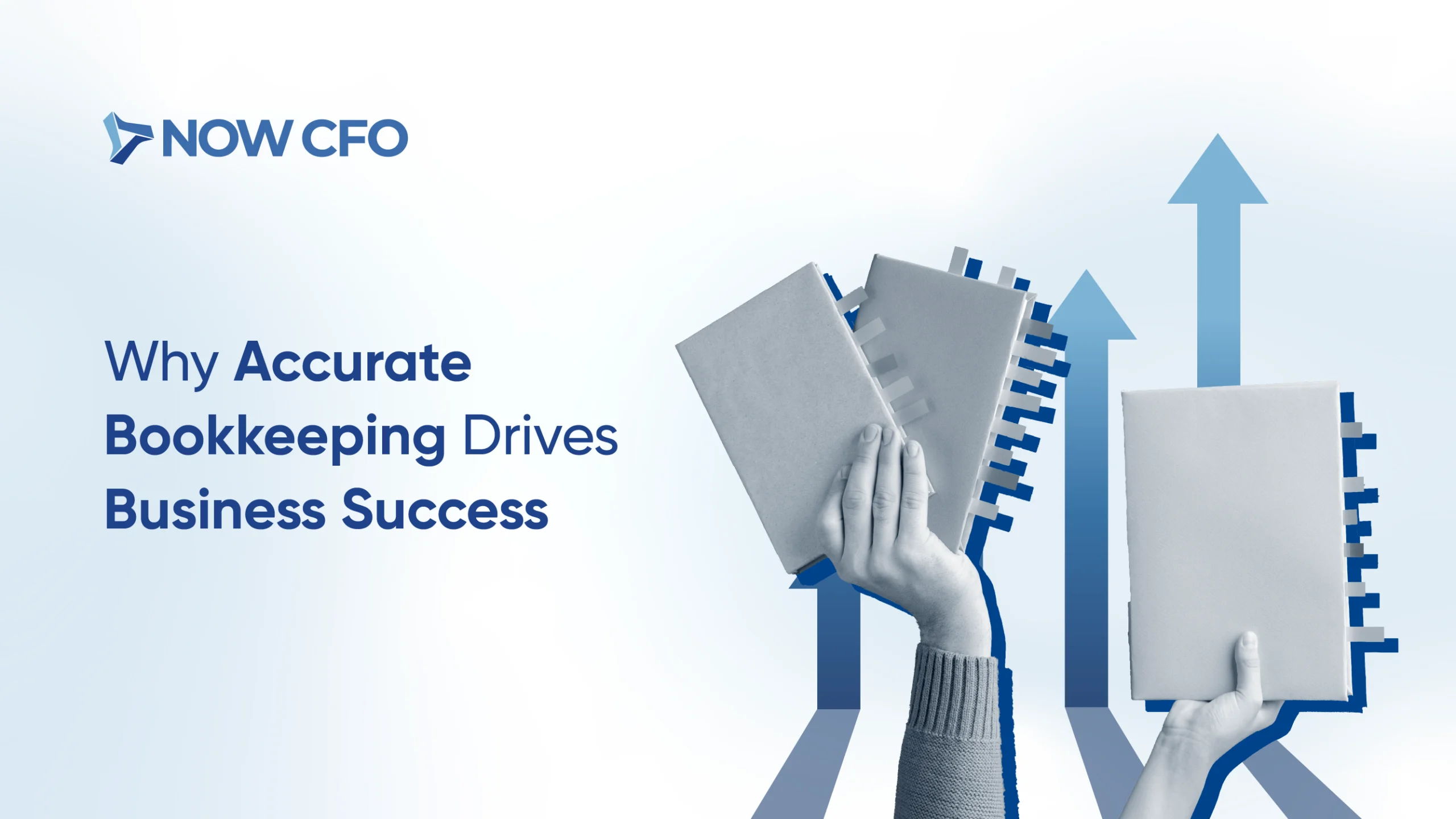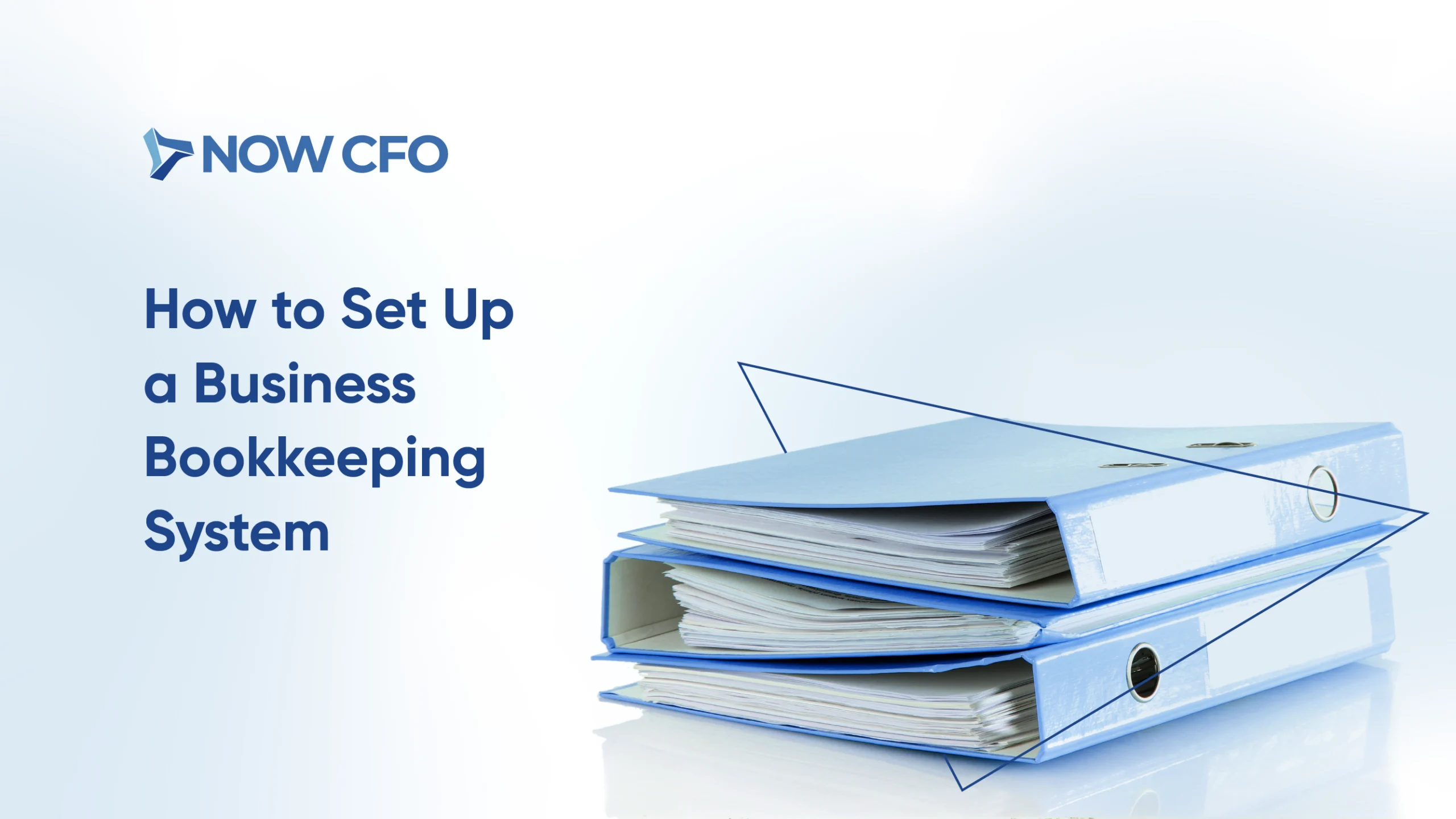
An outsourced accounting structure within a financial firm can accommodate business of all sizes, industries, and any role that is needed- from a bookkeeper all the way up to an elite CFO. Many emerging start-ups and companies that are growing rapidly are finding a need for an experienced accounting team and CFO now more than ever.
Companies typically will hold off on hiring an individual or team longer than they should due to the significant cost of paying for a full-time Chief Financial Officer and accounting team. Little do they know, having access to an entire team of consultants at various costs, and on a as needs basis will only make them more successful and save them valuable funds.
What Does the Ideal Accounting Team Structure Look Like?
The specific responsibilities that an accounting team will need will be based on a variety of factors including size of the company, the type of organization, the industry, etc. There will be basic responsibilities that all companies will require in order to function smoothly and be prepared financially which are:
- Accounts Payable
- Accounts Receivable
- Payroll
- Reporting and Financial Statements
- Financial Controls
- Tax and Compliance
What If You Do Not Have the Budget to Hire an Entire Team?
The budget of expanding any team will always be a concerning point. A decision will have to be made, but ultimately expanding the team will almost always benefit the organization in one way or another.
The decision here will be what roles and how many people will be needed to make up the accounting team. The good news is that with an outsourced team, you will not be paying full-time salaries for those individuals, and you may not realize that you do not in fact need as many positions as you think. A fractional or interim accounting team could benefit you in more ways than just saving money. It could improve your internal structure, ROI, and efficiency.
How Do I Hire the Perfect Accounting Team?
Hiring for an accounting and finance team begins by what the company needs or is lacking and where the company wants to go in the future in terms of growth. Clear goals and expectations need to be laid out in advance so that the outsourced accounting firm can determine which positions need to be brought on and when.
The outsource firm will be sure to make sure that the consultants are the right fit with the company culture and skillsets needed, so that the consultant will truly feel like a part of your team. You will need financial professionals with a variety of skillsets. Someone who is technical and high-level, but then someone who can do the basic day-to-day tasks.
It is ideal that there is someone who has experience managing the team as well, which is typically a Controller or Director level position. If a company is looking for growth, it may be necessary to bring in a finance professional who has experience in SEC reporting, capital raising, or M&A expertise.
What Are the Keys to Establishing an Efficient Accounting Team?
- Communication- Good communication skills are vital for any employee, but especially for someone who is handling such confidential and important information as your financials. There are going to be issues that arise in the finance department, and these individuals need to be able to speak up if they spot a problem or need to clear something up, such as a certain expense. Questions need to be asked and answered by all members of the accounting team.
- Clear, Concise Roles, Tasks, and Goals- An accounting team needs to be on the same page and organized. Sometimes accounting teams have more than one person completing tasks that should only be one certain role. This could be a CFO or Controller doing low-level work, or a bookkeeper doing tasks that should be completed by a high-level CFO. An outsourced accounting team will easily eliminate this issue.
- Industry & Reporting Standards: A strong feature of an outsourced firm is that it is easier to pick and choose consultants who have expertise in the certain industry of the organization, and the reporting standards that may come with that, such as nonprofits. The consultant is often familiar with a wide range of reporting procedures and will be able to quickly adapt to the company’s best practices.
- System Implementation: Majority of accountants will have to implement and operate accounting systems such as QuickBooks, Sage, Xero, and more. It is crucial, especially in these modern days as technology is taking over, that these systems are understood and maintained. It may even be necessary that the consultant will have to adapt and quickly learn a new software.
In addition to these skills, financial consultants typically have excellent customer relation skills. This is because they are often the main contact point between the client and the company. People skills become necessary.
Is it Better to Hire the Accounting Team In-House or Outsource the Team?
This question is becoming increasingly more common, often leaning towards the outsourced option. While this is a personal choice for the company, and that there is no wrong answer, it is important to note that an outsourced accounting team will be able to accomplish anything that an in-house team can, if not more, while also saving monetary resources.
The accounting and financial function of the organization is one of the most critical day-to-day operating components, and many CEOs lack a full understanding of the key roles and responsibilities that are essential to a smoothly operating accounting and finance team. This detracts from an organization that may be trying to grow or scale. You must know when to add the right people at the right time, and we can be sure that you feel confident in your accounting team throughout the whole project.
Get Your Free Consultation
Gain Financial Visibility Into Your Business
We provide outsourced, fractional, and temporary CFO, Controller, and operational Accounting services that suit the needs of your business.
- Hourly Rates
- No Hidden Fees
- No Long Term Requirements
NOW CFO provides the highest level of expertise in finance and operational accounting to accelerate results and achieve strategic objectives for sustainable growth and success.
After completing the form, a NOW CFO Account Executive will reach out and learn more about your needs so that we can pair you with the right Partner.














